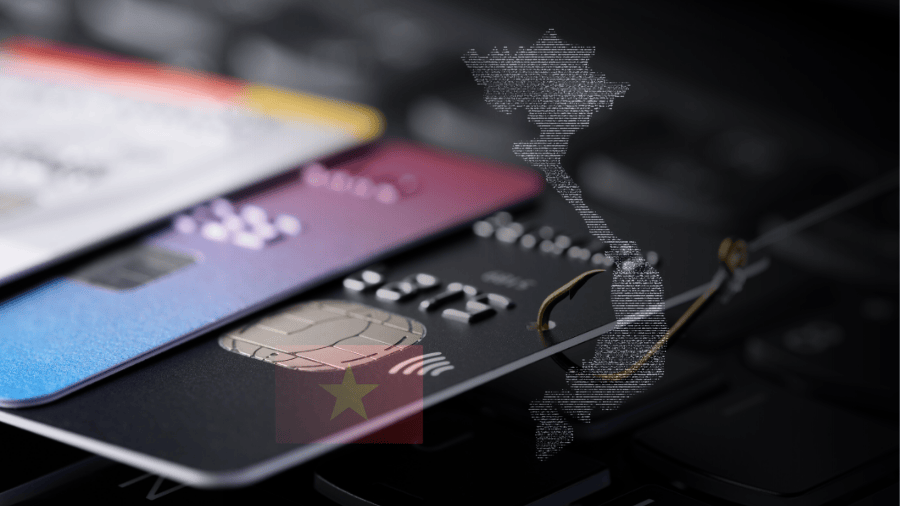Reeling from US$744m of losses from cyber scams in 2024, the country is shifting to government-led proactive digital defense.
In a landmark forum on 25 September 2025, Vietnam sough to intensify efforts to combat growing cyber threats amid staggering losses from online fraud.
According to the country’s National Cybersecurity Association (NCA), Vietnamese smartphone users had lost approximately 18.9tn VND (US$744m) to cyber scams in 2024, with one in every 220 users falling victim to fraud schemes such as fake investments and impersonations. Despite widespread impact, fewer than half of victims had reported incidents to authorities, hampering recovery and prosecution efforts.
At the forum, Vietnam announced a policy shift from reactive to proactive cybersecurity, in alignment with Resolution 57-NQ/TW, prioritizing science, technology, and innovation as strategic pillars for national defense. Lieutenant General Nguyen Minh Chinh, Deputy Chairman, NCA, highlighted Vietnam’s ambitious goal to develop a comprehensive cybersecurity industry by 2030, acknowledging the sector’s nascent state compared to global benchmarks. The government would need to take the lead in creating institutional frameworks and market conditions for cybersecurity enterprises to flourish, he noted.
Officials have stressed that protecting data equates to defending sovereignty, urging early risk detection and active defense measures. The timing coincides with preparations for the UN Convention against Cybercrime signing ceremony scheduled in Hanoi on 25 to 26 October, 2025, the first global treaty on cybercrime in over two decades.
Vietnam’s government is positioning itself internationally as a leader in multilateral cooperation against cyber threats, with key representatives and UN officials expected to participate.
Industry leaders at the forum highlighted the nascent state of Vietnam’s cybersecurity sector and the vital role of government frameworks and market support to foster indigenous capabilities. Experts cautioned that many security breaches arise from third-party vulnerabilities or insider threats rather than direct cyberattacks, underscoring the need for organizations to understand data’s value and attackers’ methods.
Participants converged on important measures such as enhanced public-private collaboration, workforce development, and international partnerships to be deemed essential to building cyber resilience and trust in Vietnam’s digital ecosystem.
This concerted national and international effort reflects Vietnam’s commitment to transforming cyber defense into a cornerstone of economic and security policy amid escalating global cyber risks.

















